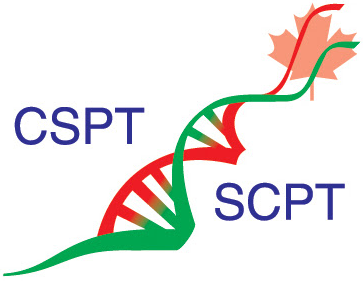Glossary of PharmacologyPharmacogeneticsDefinition:Pharmacogenetics is defined as the influence of variation in single gene on a person’s response to drugs. The word is derived from the Latinized version of the Greek pharmakon (drug) and gene (create). Pharmacogenetics is distinguished from pharmacogenomics in that pharmacogenetics is concerned the effects of single genes on drug response whereas pharmacogenomics is concerned with the effects of multiple genes (i.e. the genome) on drug response.Relevance: While Sir Archibald Garrod suggested in 1931 that is was likely that genetics played a role in determining drug response, the term “pharmacogenetics” was first termed by Vogel in 1959 and then popularized by Kalow based on observations of the toxicity of succinylcholine in patients with pseudocholinesterase deficiency and of variations in isoniazid clearance due to genetically determined deficiency of N-acetyltransferase. A number of genetically determined variations have subsequently been described which produce clinically impactful changes in drug disposition and response that impact on drug efficacy and safety. Thus knowledge of the importance of genetic factors in determining drug response is a critical skill for pharmacologists and for health care workers. Examples of How Pharmacogenetics Influences Drug Therapy:
Teaching tips: Suggested articles on this topic:
Linked terms: Clinical Pharmacology, Pharmacogenomics, Haplotype, Allele |
